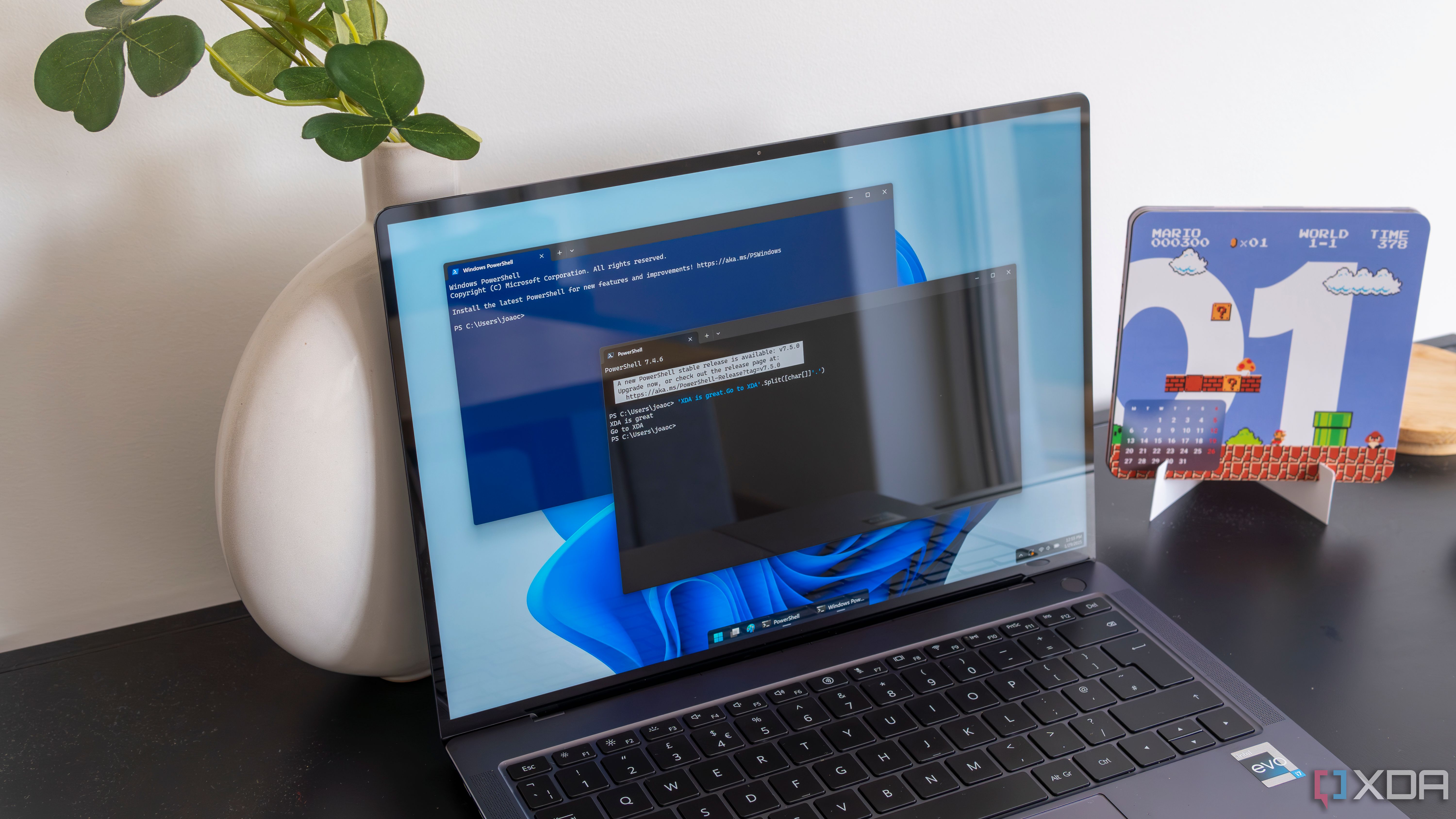Twitch Blocked For Piracy as LaLiga & ISPs Prioritize Football Over Everything
For almost three months, Spain's LaLiga and local ISPs have been blocking IP addresses en masse to prevent piracy, fully aware that thousands of innocent internet users are repeatedly blocked at the same time. In the wake of a European Union Intellectual Property Office visit to Madrid, and a meeting last week at EUIPO in Alicante, Twitch IP addresses were among dozens more blocked on Saturday. Today, LaLiga doubled its blocking efforts - literally. From: TF, for the latest news on copyright battles, piracy and more.

 Attempts to significantly downplay the scale of the piracy problems faced by major European football leagues, are simply at odds with the facts on the ground.
Attempts to significantly downplay the scale of the piracy problems faced by major European football leagues, are simply at odds with the facts on the ground.
They’re also just as unhelpful as the staggering annual loss estimates spouted by rightsholders.
These figures have a tendency to become ‘fact’ after endless repetition, before being built upon and defended to the very last man, in blood if that becomes necessary.
Seemingly powerless to curtail piracy in any meaningful way, major European leagues are combining increasingly bitter rhetoric with threats against intermediaries, while tearing up what was left of the anti-piracy rule book.
With their backs against the wall and so much at stake, some quite reasonably argue that a new approach was desperately needed. For those caught in the crossfire, new does not mean improved. It means seemingly random websites failing to load while from the opposite direction, perfectly functioning websites receiving no visits. For some businesses, it means tens of thousands of euros in reported losses.
Three Months of Disbelief
In Spain, where a power blackout made global headlines this week, mainstream media outlets seem strangely disinterested in the deliberate blackouts inflicted on companies doing business on the internet. Cloudflare, Vercel, GitHub, Amazon, and thousands of innocent internet users and businesses, have been subjected to blocking several times each week, every week. Since February.
Under the authority of a local court order, obtained by LaLiga and Telefonica, IP addresses linked to pirate services are being blocked en masse by local ISPs. The stated aim is to prevent access to pirated live sports streams, but the same IP addresses are also used by thousands of ordinary people and businesses.
Having seen this type of crisis loom on the horizon many times before, at the beginning it seemed that LaLiga’s determination to be heard could’ve resulted in a few shared IP addresses being blocked, effectively for demonstration purposes. While not without risk, a properly calibrated shock and a small amount of panic may have been just enough to break the deadlock.
After 90 days of blocking pirates and anything else in the way, there’s no real panic; just outrage and disappointment at the lack of concern shown by the authorities to those negatively affected. Of course, everything is subject to sudden change in volatile environments; blocking Twitch IP addresses on Saturday seemed unlikely to have had a calming effect.
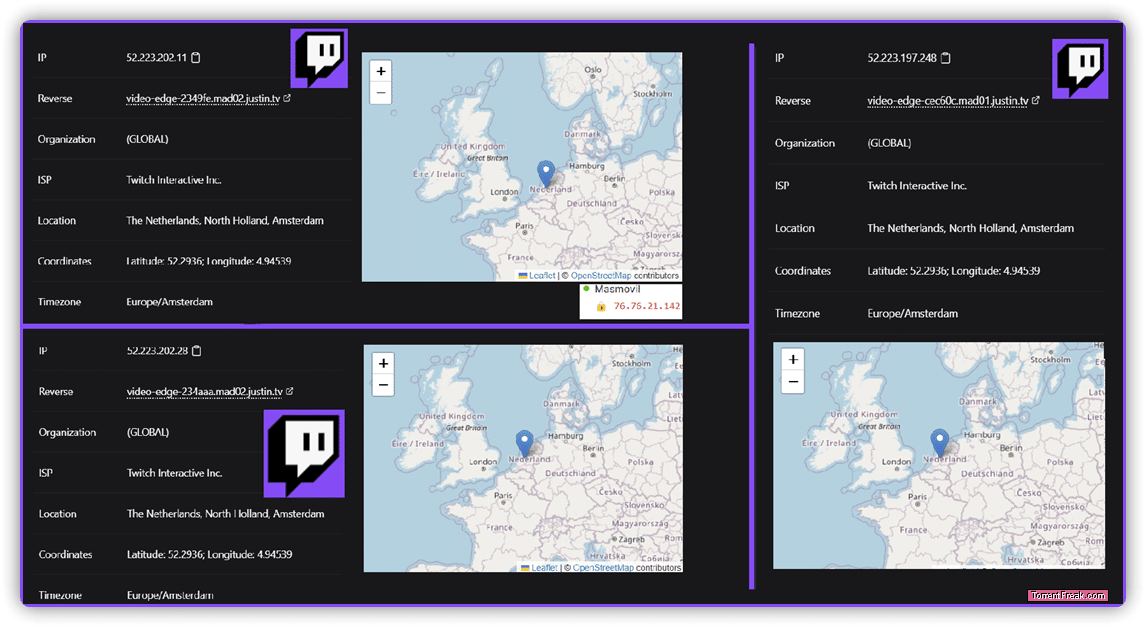
Yesterday’s blocking wave was once again immaculately documented by hayahora.futbol. Datta confirms that most blocking targeted IP addresses operated by United States-based companies, including Cloudflare, Vercel, and QUIC.cloud.
Providing Transparency
The service provided by hayahora.futbol records blocking in Spain that would otherwise thrive in the shadows. There is no transparency requirement under law but if there’s a case for mandatory transparency, there is no better example than this.
Vercel, which publicly confirmed it would work with LaLiga to prevent its service being blocked again, may be disappointed that at least one ISP still hasn’t deactivated its original blocks (76.76.21.142 / 66.33.60.129).
Much of the pain yesterday was shouldered by Cloudflare, as partial data obtained from Hayahoro for some of Saturday’s blocking clearly shows.
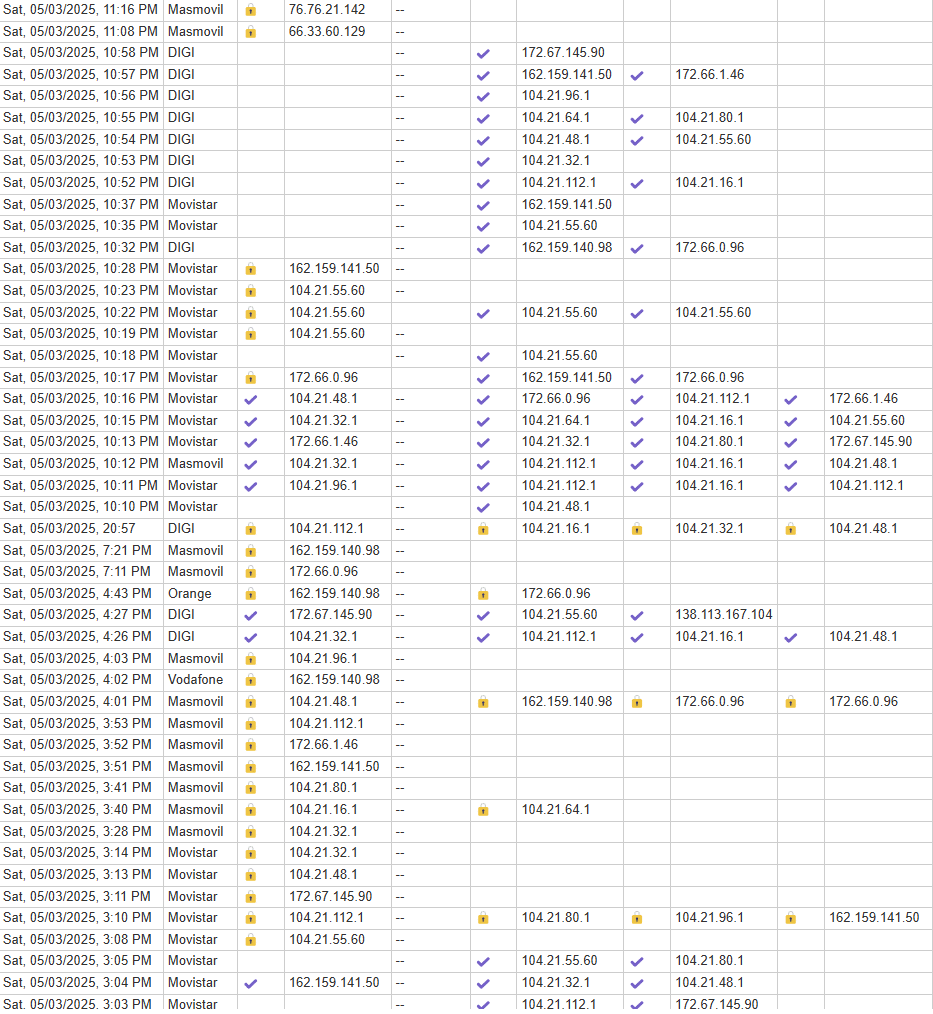
And it’s going to get worse. Much worse. In fact, escalation is underway right now. No holds barred.
After EUIPO Meetings, ‘All Firewood Thrown on The Grill’
Site Reliability Engineer Sergio Conde works at Tiny Bird Co., one of the companies whose business was suddenly interrupted following the recent blocking of Vercel IP addresses.
In common with a growing number of computer and coding experts suddenly thrown into the cruel world of pirate site blocking, he now appears to be taking a much closer interest in events playing out in his country.
Conde’s monitoring of blocking by Spain’s major ISPs today leaves little doubt that LaLiga’s priority is the protection of its soccer clubs, period.
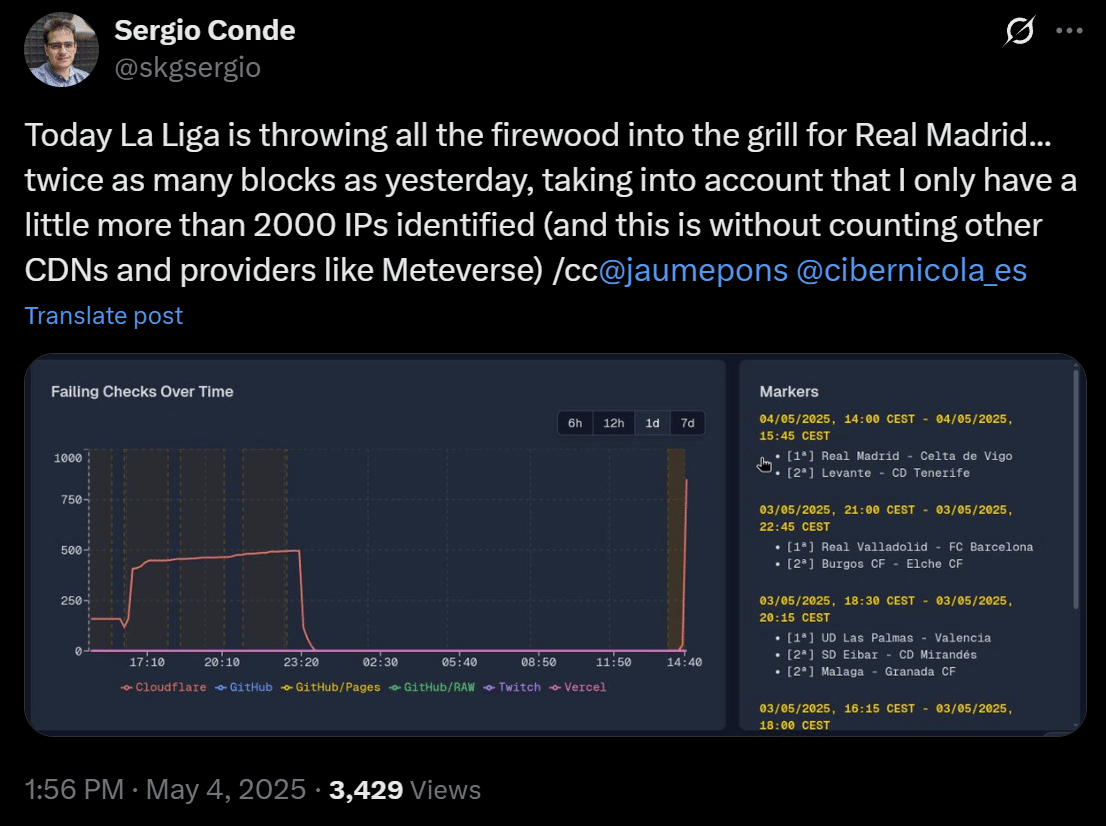
The current crisis didn’t begin overnight, and the dangers were clearly visible. Yet in its midst, no authority – competent or otherwise – seems to have the power to end the collateral damage. That all authorities seem to lack even the basic will to encourage moderation to avoid collateral damage, is nothing short of extraordinary.
Discussion Before the Storm
A conference titled The Impact of Piracy on the Audiovisual Industry took place on January 29 at the Madrid headquarters of the Spanish Academy of Motion Picture Arts and Sciences. In attendance to present the European Union Intellectual Property Office’s (EUIPO) latest piracy facts and figures, Harrie Temmink had only bad news for Spain.
Piracy figures are not only rising again in Spain, they’re doing so at a rate faster than seen elsewhere in Europe. Many Spaniards believe that if piracy is only for personal use, that is acceptable. As a result, around 21% admit to knowingly consuming pirated content, with a stubborn 6% vowing to always consume pirated content, no matter what.
The Digital Services Act (DSA) is expected to play a wider role in the fight against online piracy. Temmink described the Directive as one of the “greatest triumphs” in the battle against piracy and noted that it “makes all online platforms safer and more reliable for users.”
How to prevent anti-piracy work that can make all sites instantly less reliable, including those that have nothing whatsoever to do with the DSA, will probably need more time to think through. However, the issue of IP address blocking was raised during the conference by Lara Pérez-Caminha, the president of the Association of Independent Film Distributors (Adicine).
Noting that LaLiga and Movistar worked extremely hard to obtain a court order to block IP addresses to protect live sports, having something similar to protect the film industry could prove beneficial, Pérez-Caminha said.
Within Days, LaLiga Blocks Cloudflare
Days after this event for the film industry, LaLiga started a campaign that continues today; blocking IP addresses used by pirate sites that are also used by innocent parties.
On March 28, LaLiga reported that it had attended a meeting in Madrid, to “share relevant information on how the illegal distribution of sports content is carried out and how business models surrounding this criminal activity operate.” Also in attendance, representatives from the European Union Intellectual Property Office (EUIPO), and members of the European Parliament.
Any claim that those in attendance had no knowledge of events playing out in Spain fail to appreciate the depth of the EU’s influence on regulatory matters. Yet while the public announcement addressed the impact of live sports piracy and emphasized that collaboration with the EU will address the challenges ahead, the elephant in the room was nowhere to be seen, or heard.
Not only was the crisis facing ordinary members of the public and business communities never mentioned, the announcement boiled down to just two issues: protect live sports and immediately compel intermediaries to action.
No commentary addressed the importance of safeguarding the rights of citizens and other businesses in the EU.
Actions Speak Louder
It would be naive to expect a warts-and-all press release that addressed positives and potential negatives that could help or harm the fight against piracy. There’s always a need to discuss such matters in private and some things are clearly better left at the negotiating table, not aired for the entertainment of the media.
Whether the situation was mentioned, or not mentioned, is impossible to say. Arguably, that isn’t the test that matters. Whatever was said, or not said, only the actions post March 30 can demonstrate whether LaLiga felt more or less restrained by the EU, at least in the event any opinion was made clear either way.
Perhaps the issue was mentioned last week, we really don’t know.
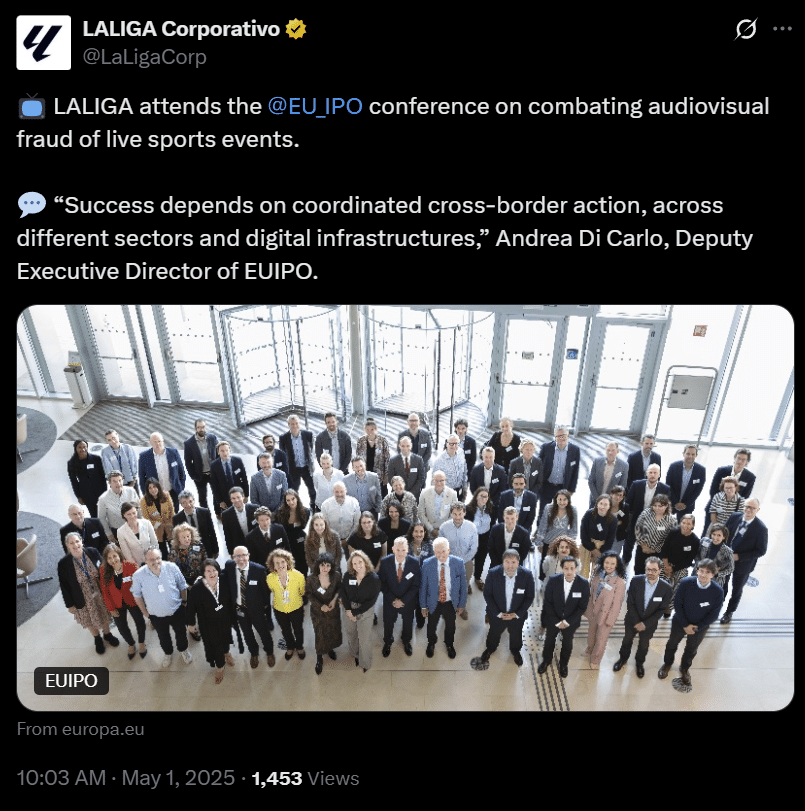
If it was discussed at all, there was no restraining effect observed today during the Real Madrid match. That the effort appears to have been doubled over yesterday’s action, raises more questions on top of existing concerns.
From: TF, for the latest news on copyright battles, piracy and more.





